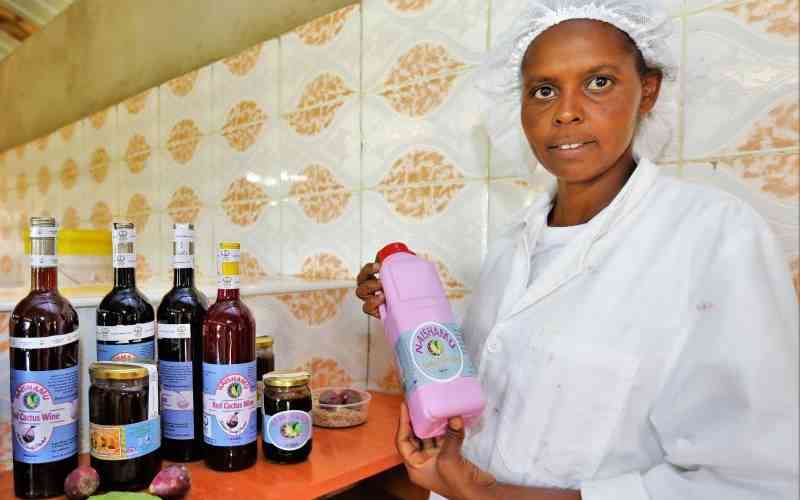×
The Standard e-Paper
Smart Minds Choose Us

For more than a decade now, pastoral communities living in Laikipia North are still struggling to put an end to the invasive cactus plant species.
The species Opuntia stricta invaded huge tracts of grazing land by suppressing pasture growth and has caused death of livestock at an alarming rate by inflicting wounds in their mouth after they consume the plant.